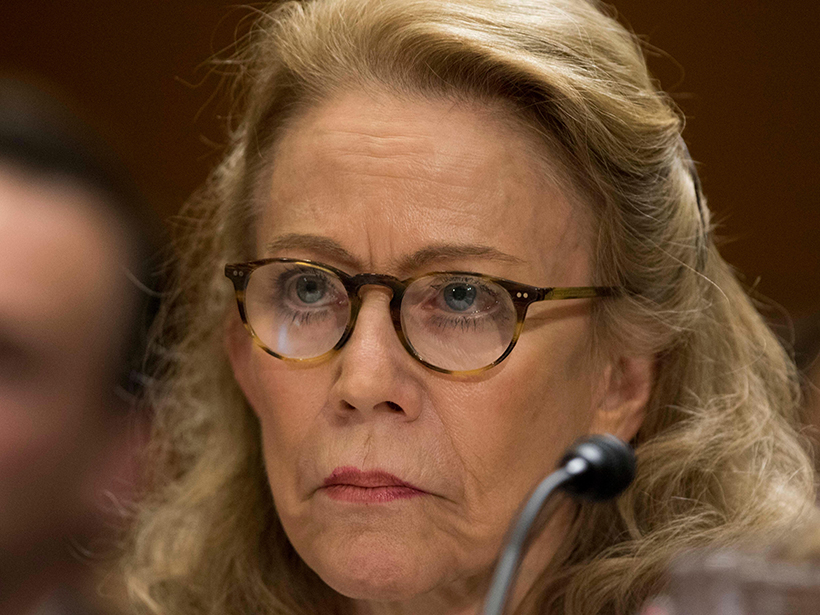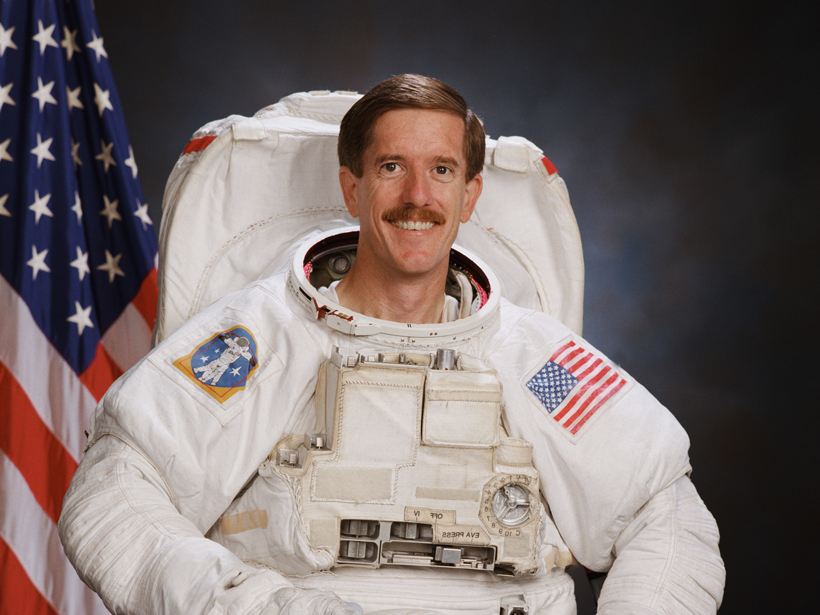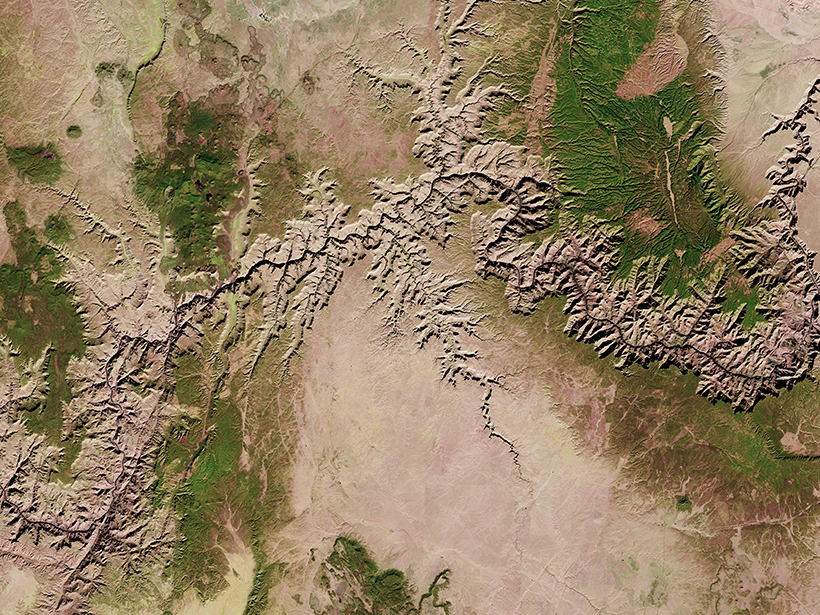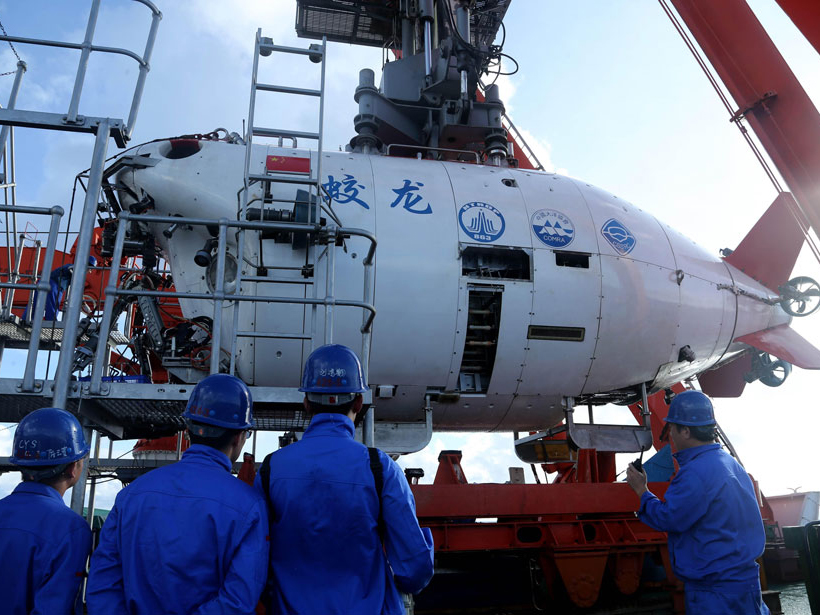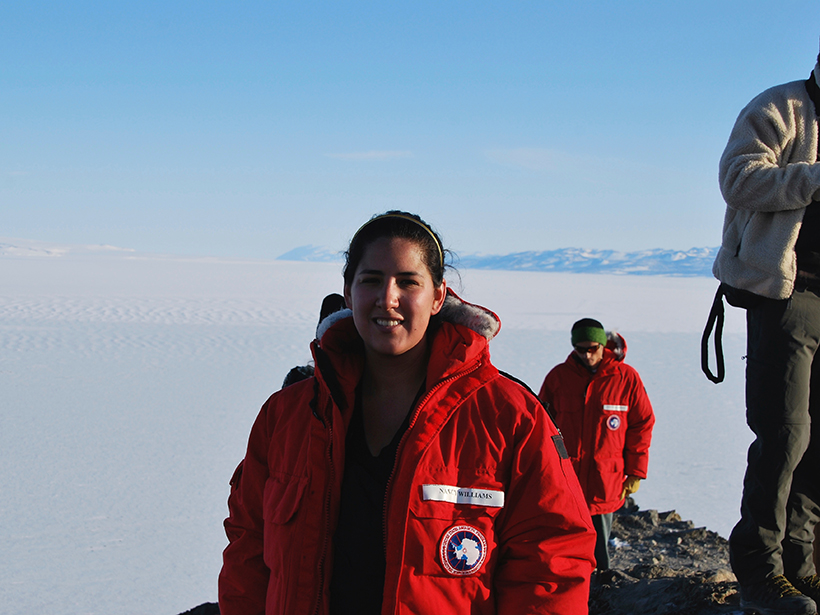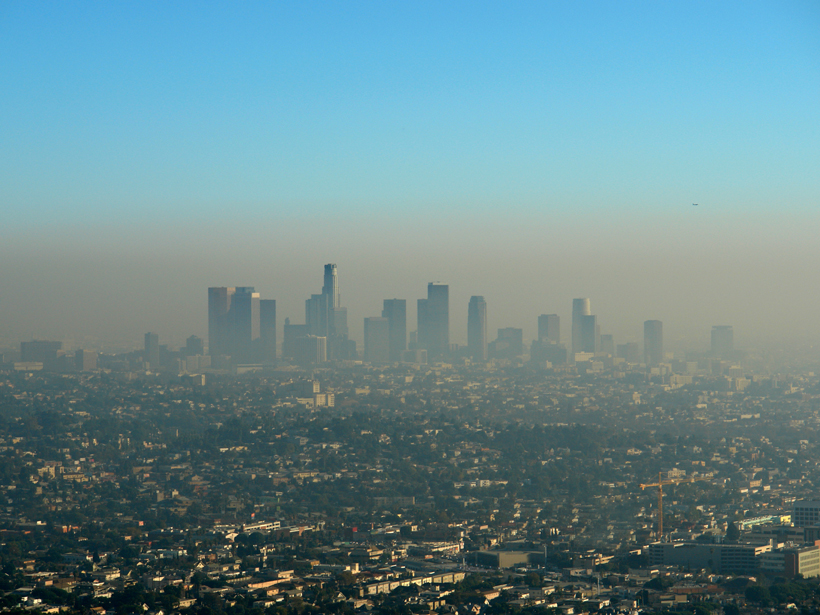Democrats urge the Trump administration to nominate somebody who has respect for science and environmental laws to lead the White House Council on Environmental Quality.
science policy
Trump’s Address to Congress Largely Ignores Science
Speech touts ending “the war on coal” but makes no reference to climate change.
White House Announces Choice to Head U.S. Geological Survey
Observers said the nominee appears to have strong credentials but voiced uncertainty about his management qualifications and noted the challenge of maintaining the agency’s strengths.
Report Recommends Priorities for Earth Observations from Space
The new strategic plan, which builds on earlier road maps for observing the planet, identifies top targets for satellite scrutiny for the next decade.
China Catching Up to United States in Research and Development
China recently overtook the European Union in spending on basic and applied research in science and engineering.
Prestigious Climate-Related Fellowships Rescinded
Reduced program is one of several that usually support climate science postdoctoral research but have eliminated or suspended funding opportunities.
Revised AGU Position Statement Addresses Climate Intervention
The American Geophysical Union urges further research and policy development with regard to climate intervention (previously called geoengineering) that considers impacts on society.
Climate Change Is National Security Risk, Congress Members Warn
The Trump administration’s recently released National Security Strategy differs sharply from Obama’s strategy, which identified climate change as a top strategic risk to the country.
Will Clean Air Fade Away?
Government-sponsored research and regulations enabled western U.S. states to clean up their air, despite industrial and population growth. Proposed funding cuts could undo this progress.
Coalition Resurrects Climate Advisory Panel Dissolved by Trump
A partnership between New York State, Columbia University, and others reestablished the panel, which will study how best to deliver climate data to state governments, cities, industries, and more.

